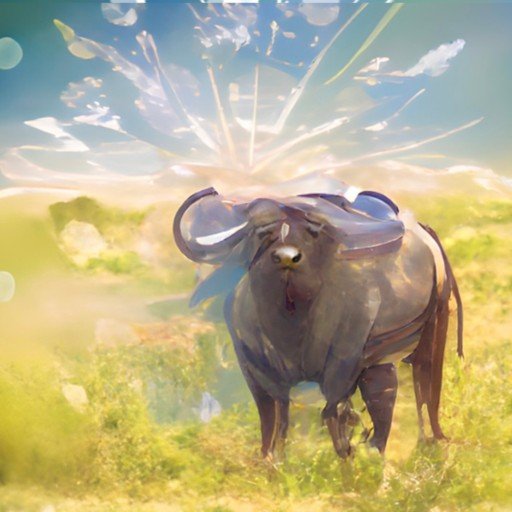As a newcomer in the blockchain space, understanding all the terms and how it all fits together can be a challenge. There is a lot of information online, and it doesn’t all point in the same direction! Perseverance is rewarded, and with enough time - and a little luck - the pieces start to fall in place. This article represents some parts of my journey to answer the question: What is Blockchain? Blockchain.com – seemed like a good place to start? Blockchain.com is a cryptocurrency financial services company. The company began as the first Bitcoin blockchain explorer in 2011 and later created a cryptocurrency wallet that accounted for 28% of Bitcoin transactions between 2012 and 2020. For many people, Blockchain.com and Bitcoin may have represented their first experience with this new technology.
Blockchain.com is a private company. The company is led by CEO Peter Smith, one of its three founders. The company’s board members include: Smith; co-founder Nicolas Cary; Antony Jenkins; Jim Messina - the former deputy chief of staff for Barack Obama - and Jeremy Liew, a partner at Lightspeed Venture Partners.
So Blockchain.com is interesting and important, but it’s not the final answer to my question.
Blockchain - the technology - is a shared, immutable ledger that facilitates the process of recording transactions and tracking assets in a business network. It is a form of storing information that prevents anyone from changing, hacking, or cheating it. A blockchain is essentially a digital ledger of transactions that is duplicated and distributed across an entire network of computers. Blockchain is the future because It will create a trusted, unfilterable, uncensorable repository of data and information that is accessible worldwide. It is this characteristic that will drive the creation of the third generation of the internet. And this is why the blockchain is the future of the internet.
Blockchain-based contracts are becoming more and more popular as sectors like government, healthcare and the real estate industry discover the benefits. Below are a few examples of how companies are using blockchain to make contracts smarter.
So what is Cardano?
Cardano is a public blockchain platform. It is open-source and decentralized, with security achieved using Proof of Stake as the main ingredient. It facilitates peer-to-peer transactions with its internal cryptocurrency, Ada. Cardano was founded in 2015 by Ethereum co-founder Charles Hoskinson and Jeremy Woods with some seed funding from Emurgo, a global blockchain technology company providing solutions for developers, startups, enterprises, and governments. As a blockchain platform, Cardano has a lot of potential. It’s eco-friendly and has all kinds of applications, including DeFi and NFTs. It has built some great partnerships so far that demonstrate the different uses it offers. Cardano is a blockchain protocol that was developed based on peer-reviewed research.
Where does Lido Nation fit in?
Lido Nation is a platform for Cardano education, featuring community contributed content, project reviews, and a database of Project Catalyst proposals. Lido Nation is building a global community of users who contribute informational and educational content to the site. Lido Nation has a token, Phuffy coin, that is distributed to delegators of the LIDO pool each time they receive rewards for producing blocks. These tokens can be used to vote for which charitable causes are donated to from the staking rewards set aside for just that. The goal is that Phuffy coin will become the governance coin of a Phuffy Coin DAO and from there everything will be community-led.
Lido Nation hosts an intuitively searchable list of all the Project Catalyst proposals that have been submitted to Project Catalyst. These can be sorted by fund, challenge, and whether or not they were funded. A search bar allows users to search for anything amongst the proposals and displays results live to the user. There is a treasury dashboard that gives details of the challenges of the most recently completed Catalyst funding round and lists all the projects that won funding in that round. As we like to say: “The future is for everyone, and Lido Nation is here to help.”
So what have I learned?
There is a difference in location between how wealth was made in the past vs now in the 21st century. They say the 21st century millionaires are made or found in dark bedrooms or in the backyard, because all they need is a computer and internet. When I first heard of blockchain, it was mentioned in a forex trading discussion. There and then I got curious.



No comments yet…